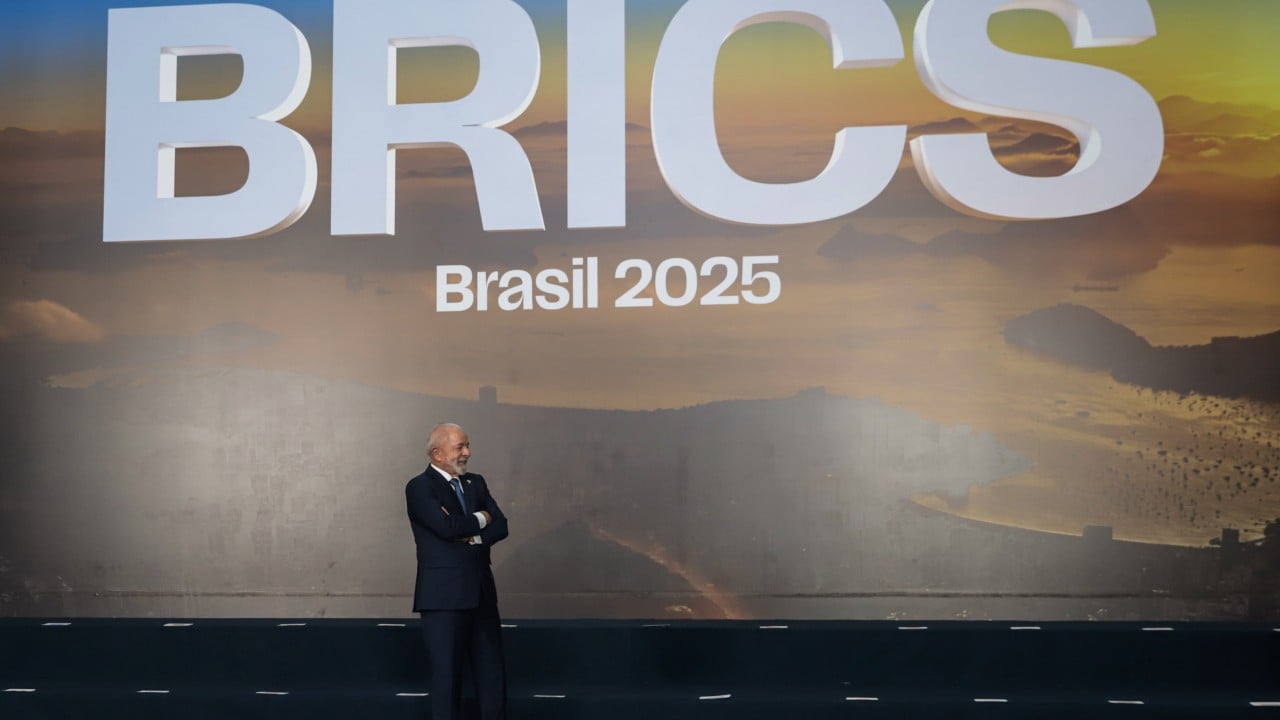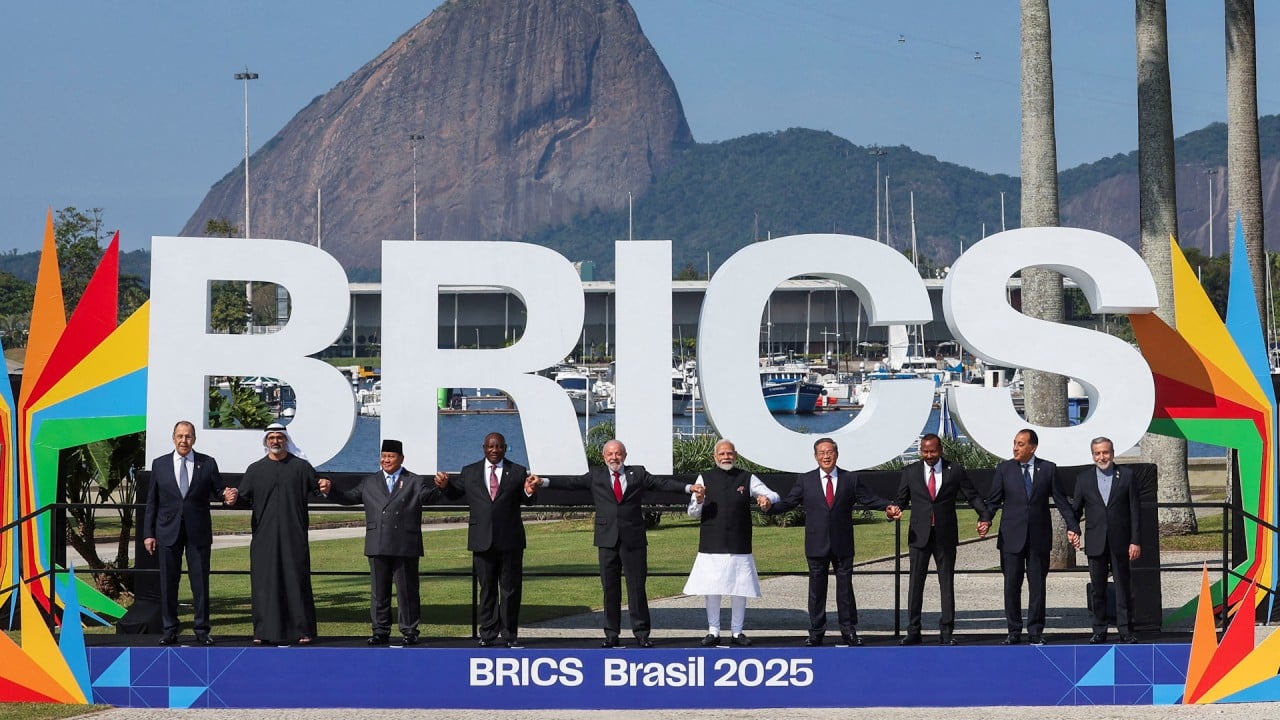What good are bricks without mortar? For that matter, what good is the Brics bloc of developing and emerging nations without a strong bonding force that enables its members to jointly construct a new global political and economic order?
Advertisement
This question arose again after the news of President Xi Jinping’s absence from the latest Brics summit in Rio de Janeiro, with Prime Minister Li Qiang attending in his place. Russian President Vladimir Putin, who is wanted by the International Criminal Court for his role in the invasion of Ukraine and could face arrest in Brazil, attended by video conference and sent Foreign Minister Sergey Lavrov instead.
However, these issues – along with the question of whether Indian Prime Minister Narendra Modi tried during the summit to shift the bloc’s emphasis towards becoming a group of “non-aligned” nations rather than a new pole of global power – are not the ones that should most concern us.
The real question is why the rest of the world is finding it so difficult to construct a new multinational edifice that addresses political, security, economic, financial and other common concerns but is not led by the United States. It is true that the US is still the world’s strongest military and economic power, but that does not explain why it has long been seen as an “indispensable nation”, as former US secretary of state Madeleine Albright called it.
The answer lies partly in what Derek Davies, my former editor on the now defunct Far Eastern Economic Review, liked to refer to as the “great sucking sound” of the US hoovering up exports from nations around the world to meet its insatiable demand for consumer goods. It was truly a “market-friendly” nation in that regard.
No other country has been willing or able to offer such a generous lifeline to developing or emerging economies in and well beyond Asia. It has done so in the form of payment for its imports, foreign direct investment, portfolio investment and foreign aid, plus military protection to boot. But how could the US, even given its size, afford to do so?
Advertisement


